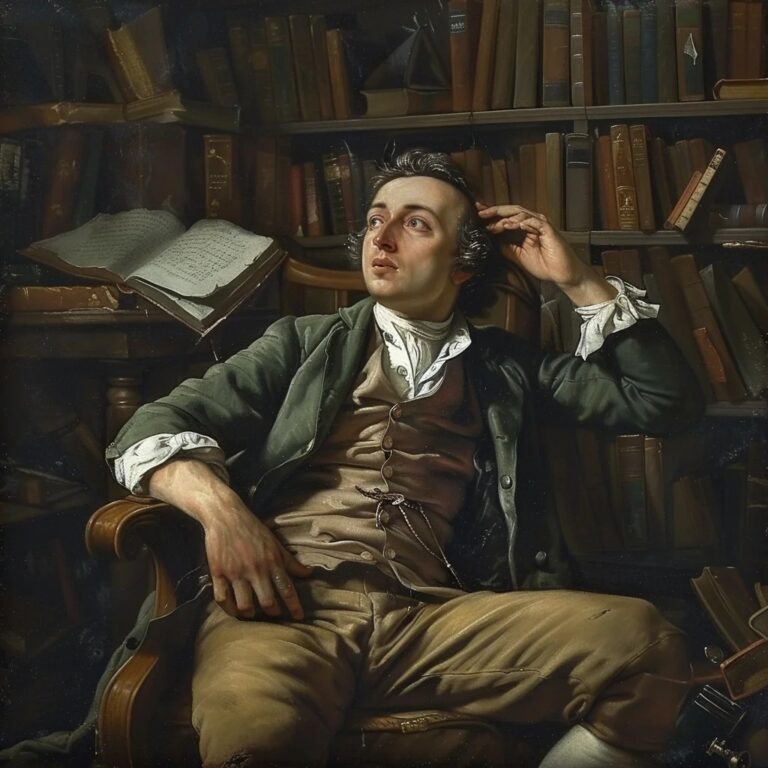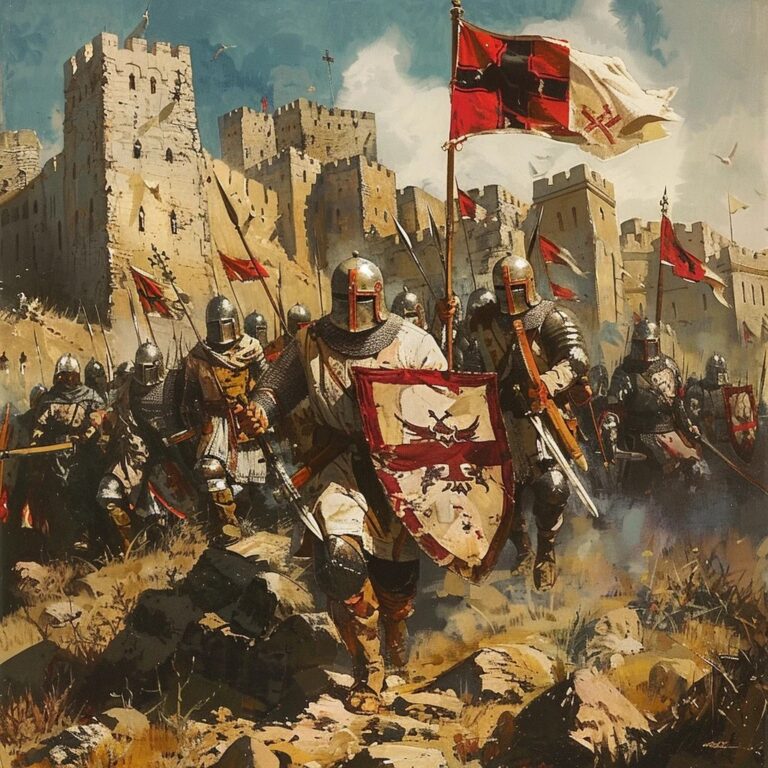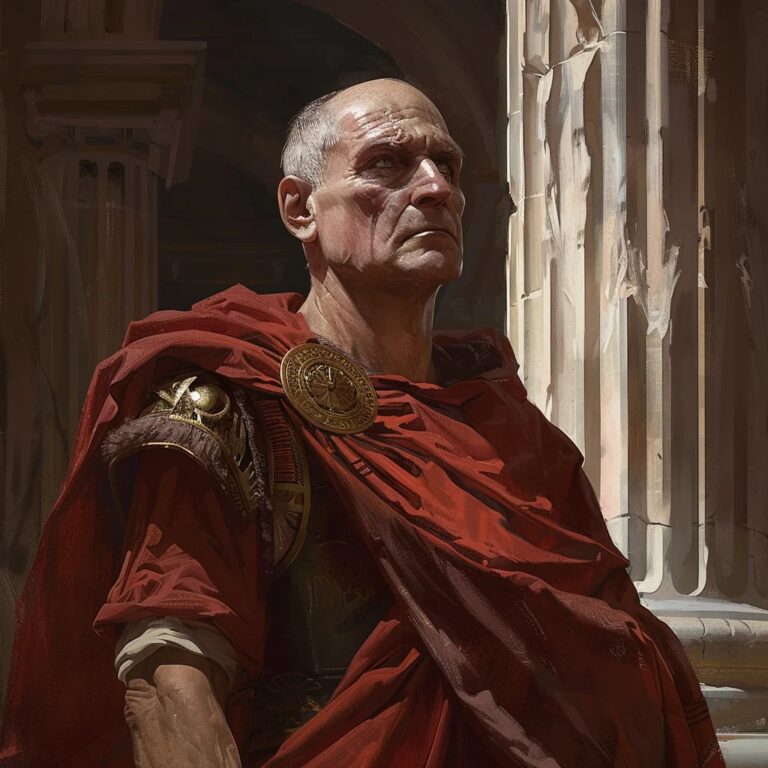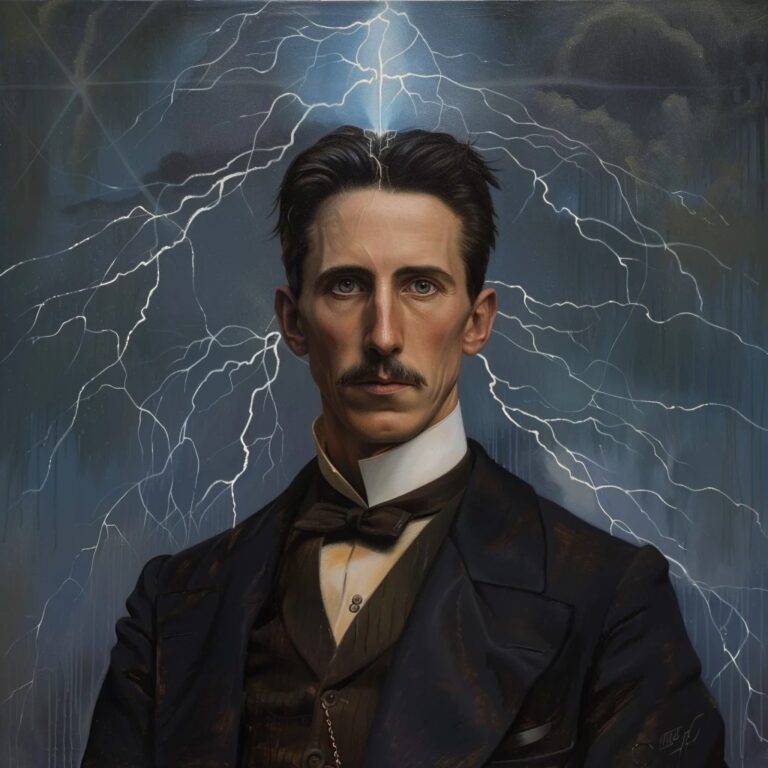Denis Diderot was born on October 5, 1713, in Langres, France.
He co-founded the Encyclopédie, one of the most comprehensive encyclopedias of the time.
Diderot's work on the Encyclopédie spanned over 25 years.
He wrote numerous essays, plays, and novels, including 'Jacques the Fatalist' and 'Rameau's Nephew.'
Diderot was a strong advocate for freedom of thought and expression.
He was friends with fellow Enlightenment thinkers such as Voltaire and Rousseau.
Diderot faced censorship and opposition from the French authorities due to his radical ideas.
He contributed significantly to art criticism, with his 'Salon' reviews of art exhibitions.
Diderot's writings explored themes of atheism, materialism, and determinism.
He had a complex and often strained relationship with the Catholic Church.
Diderot was supported by Catherine the Great of Russia, who purchased his library and employed him as her librarian.
His work laid the groundwork for modern encyclopedias and reference works.
Diderot's ideas influenced the French Revolution and the development of modern democratic thought.
He was known for his sharp wit and eloquent writing style.
Denis Diderot passed away on July 31, 1784, in Paris, France, leaving a lasting legacy in literature and philosophy.



